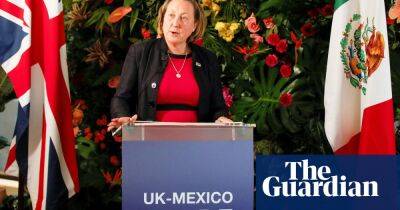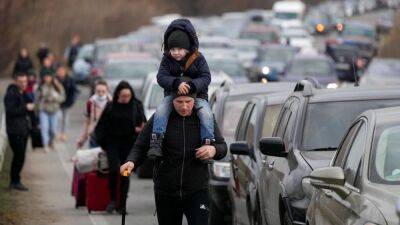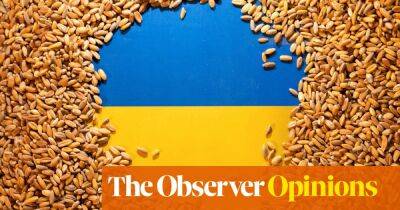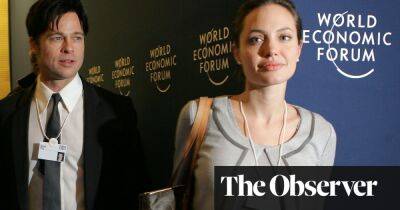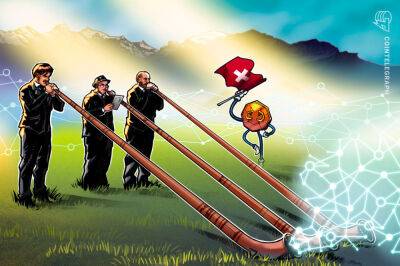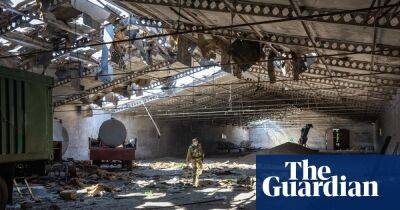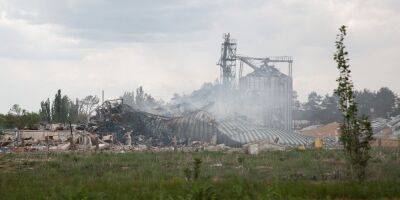Beware a global economy with little fires everywhere
Big shocks to the global economy, such as Russia’s invasion of Ukraine, understandably capture the most attention. But a new worldwide pattern of “little fires everywhere” may be equally consequential for longer-term economic wellbeing. Over time, these small fires can coalesce into one that is just as threatening as the initial large fire that acted as the catalyst.
In addition to causing widespread death and destruction, and displacing millions of people, the Ukraine war continues to stoke strong stagflationary winds throughout the global economy. The resulting damage – whether in the form of higher food and energy prices or new supply-chain disruptions – cannot be easily or rapidly countered by domestic policy adjustments.
For most countries, the war’s immediate economic consequences include higher inflation (which erodes purchasing power), lower growth, increased inequality, and greater financial instability. The multilateral system, meanwhile, now faces greater obstacles to the type of cross-border policy coordination needed to deal with pressing global problems such as climate change, pandemics, and life-threatening migration.
The challenges are particularly acute for fragile commodity importers in the developing world, especially when compared with the problems facing advanced economies. It is the difference between legitimate worries about the cost-of-living crisis in the UK, for example, and fear of famine in some African countries. The United States’ higher trade and budget deficits appear considerably less problematic than potential defaults by heavily indebted low-income countries. And while the recent decline in the yen’s value may be attention-grabbing in a Japanese context, a disorderly collapse of poorer
Read more on theguardian.com


